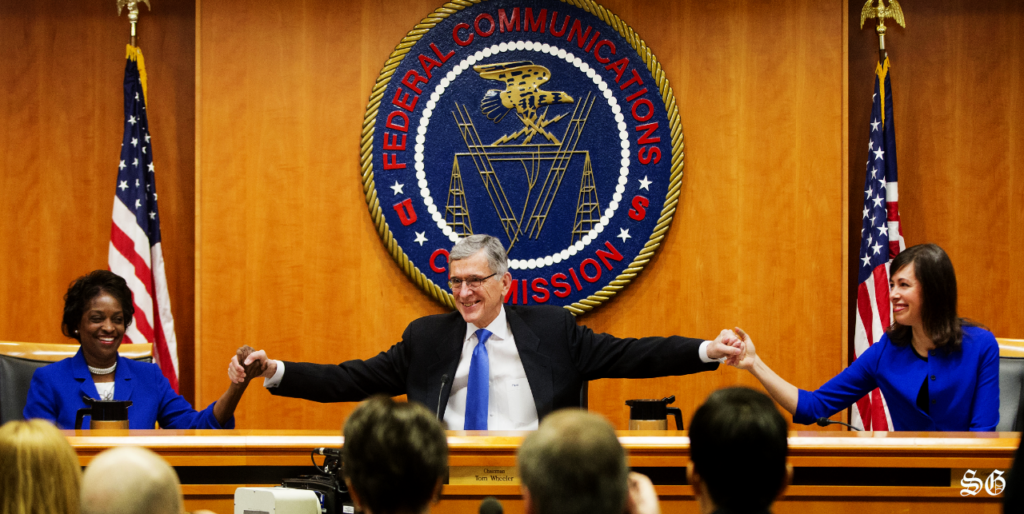Table of Contents

U.S. Appeals Court Strikes Down FCC Authority to Reinstate Net Neutrality
A U.S. appeals court has ruled that the Federal Communications Commission (FCC) does not have the legal authority to reinstate net neutrality rules. This decision challenges efforts by the Biden administration to restore these rules, initially implemented in 2015 and repealed in 2017.
Background on Net Neutrality
Net neutrality mandates that internet service providers (ISPs) treat all internet data equally, prohibiting practices such as blocking content, slowing speeds, or creating paid prioritization for certain users. The rules aim to ensure fair and open access to the internet.
Court’s Reasoning
The 6th U.S. Circuit Court of Appeals cited the Supreme Court’s recent decision in Loper Bright, which overturned a 1984 precedent allowing deference to federal agencies in interpreting laws. This precedent shift influenced the court to rule against the FCC’s authority to reinstate the rules. The judges noted that this decision could put an end to the FCC’s oscillation on net neutrality regulations.
State-Level Net Neutrality Laws
While the federal rules are blocked, state-level net neutrality laws, such as those enacted in California, remain intact. These laws provide some oversight on how ISPs operate within individual states.
Reactions to the Decision
- FCC Chair’s Call for Congressional Action: Jessica Rosenworcel, the current FCC chair, urged Congress to legislate net neutrality principles into federal law. She emphasized the importance of a fast, open, and fair internet.
- Opposition from Industry Groups: Telecommunications groups argued against reinstating net neutrality, calling it unnecessary and counterproductive. They advocate focusing on expanding internet access and innovation instead.
- Former FCC Chair’s Statement: Ajit Pai, who led the repeal of net neutrality in 2017, welcomed the ruling and called for a shift in focus to consumer-centric priorities.
Impact on the Future of Net Neutrality
The ruling complicates efforts to reinstate federal net neutrality rules, leaving advocates to consider appealing the decision to the Supreme Court. However, industry experts predict that federal regulatory oversight of the internet may no longer be feasible under the current legal framework.
Implications for Consumers and Industry
The absence of federal net neutrality rules may lead to disparities in how ISPs manage internet traffic. While some companies like Amazon, Apple, and Google supported the FCC’s rules, major telecom providers like AT&T and Verizon opposed them, reflecting a divided industry stance.
Net neutrality remains a contentious issue with significant implications for internet governance, innovation, and consumer access.